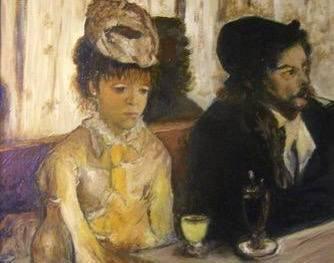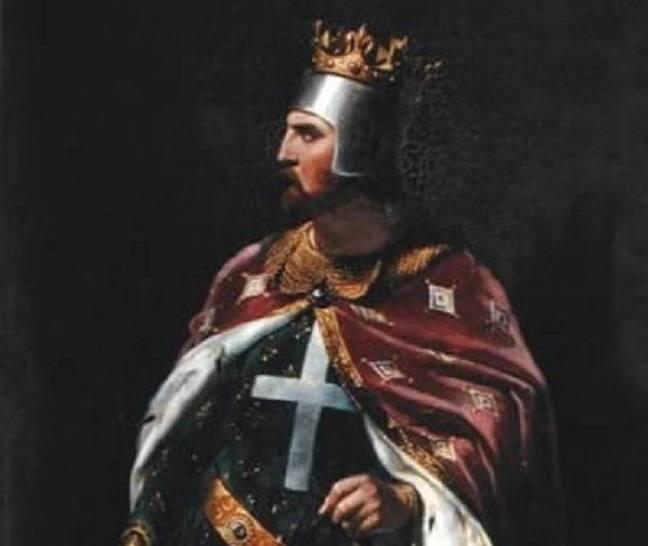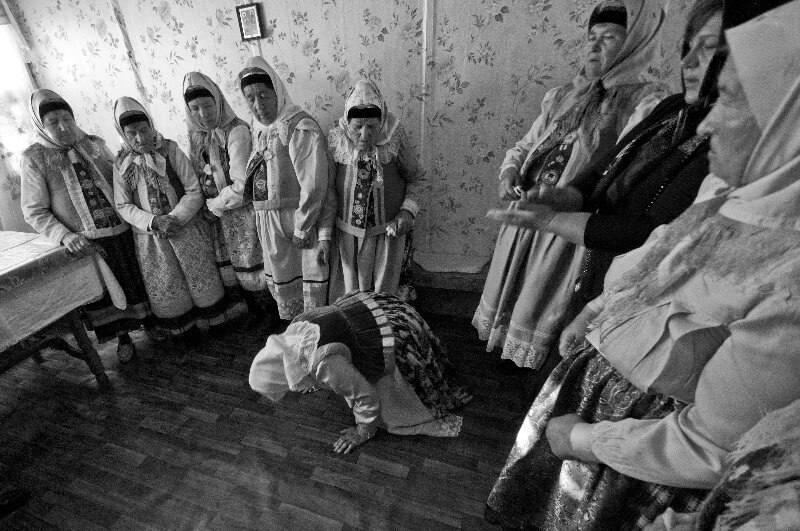Женщины в истории Кипра
Women in the History of Cyprus
Γυναίκες στην Ιστορία της Κύπρου
▪️Беренгария Наваррская, отправившаяся в крестовый поход вслед за женихом, пережившая кораблекрушение возле берегов Кипра, счастливо избежавшая гибели и плена, а затем, в Лимасоле, ставшая женой Ричарда Львиное Сердце;
▪️Шарлотта Кипрская – одна из последних представительниц рода Лузиньянов, ставшая вдовой в 13 лет, в 14 – восшедшая на престол, а еще через три года, пережив осаду, покинувшая трон и остров Кипр;
▪️Катерина Корнаро – знатная венецианка, вышедшая замуж за брата Шарлотты, Жака, свергнувшего сестру с престола; последняя королева Кипра, мать последнего из Лузиньянов, не дожившего до своего первого дня рождения; вследствие многочисленных интриг и череды отравлений, вынужденная передать остров Кипр под управление Республики Венеция.
Лектор: Елена Панышева - культуролог, историк литературы, куратор выставочных проектов в московском Гослитмузее.
Когда: 28 ноября в 19.30
Место: Арт-Подвал, Лимассол
Стоимость: 25€.
The narratives of the Dark Ages and the Renaissance were predominantly written by men and about men. Women often remained in the background, their stories overshadowed and their contributions overlooked. This makes it all the more intriguing to uncover their faces and trace their lives through the murky glass of time. Let us attempt to discern the images of three extraordinary women and queens whose names are woven into the history of Cyprus:
▪️ Berengaria of Navarre – A courageous figure who followed her betrothed, Richard the Lionheart, on a crusade. After surviving a shipwreck near the shores of Cyprus, narrowly escaping death and capture, she married Richard in Limassol, becoming the Queen of England on Cypriot soil.
▪️ Charlotte of Cyprus – One of the last members of the Lusignan dynasty, her life was marked by tragedy and resilience. Widowed at 13, she ascended the throne at 14, only to lose both her throne and homeland after enduring a siege three years later. Her reign ended in exile, a poignant chapter in Cyprus' history.
▪️ Caterina Cornaro – A noble Venetian who married James, the brother of Charlotte, who had deposed his sister. Caterina became the last Queen of Cyprus and the mother of the final Lusignan heir, who tragically did not live to see his first birthday. Amid political intrigues and poisonings, she was compelled to cede Cyprus to the Republic of Venice, marking the end of its independent monarchy.
Speaker: Elena Panisheva – cultural scholar, literary historian, and curator of exhibition projects at the State Literary Museum in Moscow.










